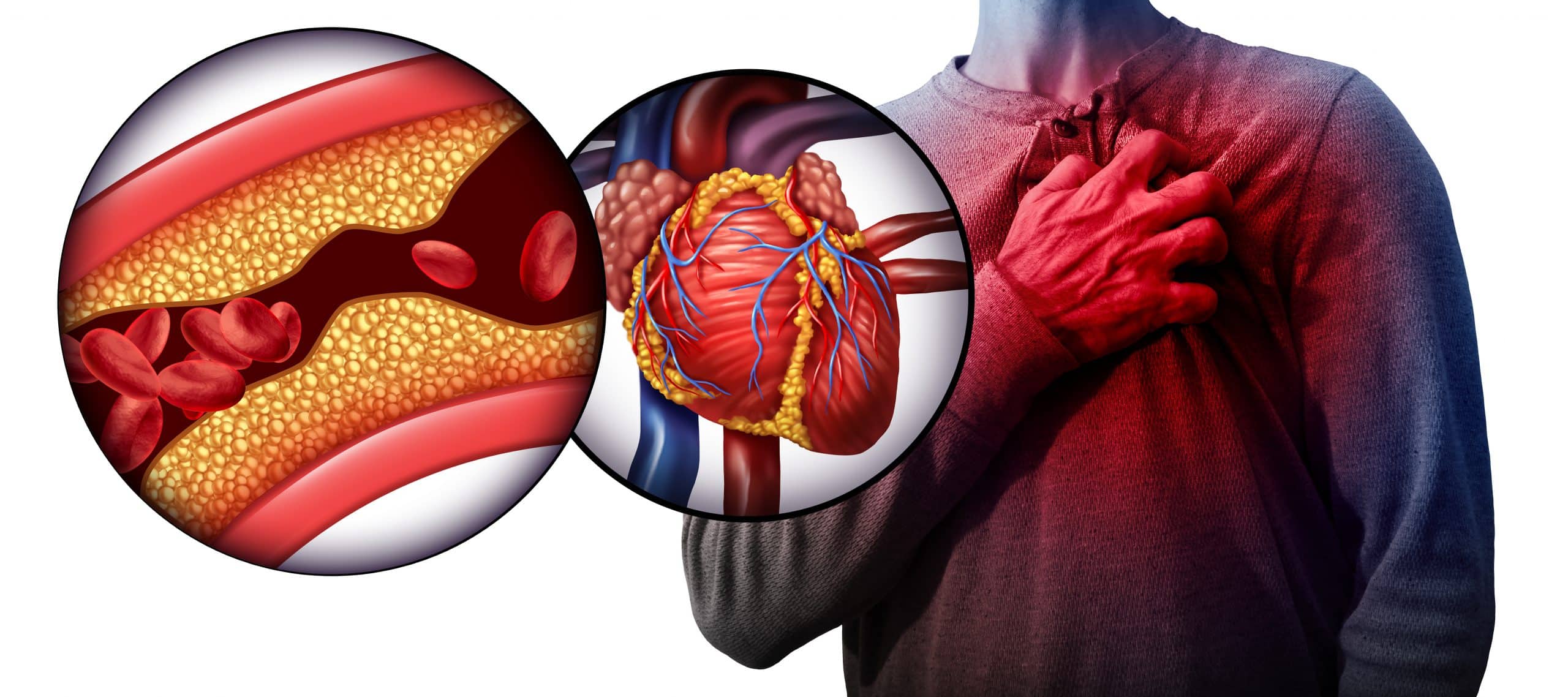11/28/2018
What You Need to Know About Obesity
Everyone knows that obesity is an issue in the U.S. It is a topic that is constantly discussed in the news, and America has even been defined by its obesity issue in other countries. In fact, statistics say, “78 million adults and 12 million children are obese,” and the number is only growing. We are constantly reminded of the health issues associated with obesity. It is harmful for your joints, dangerous for your cardiovascular system and can lead to a shorter lifespan. Obesity can also increase your risk of heart attacks, stroke and diabetes. And no one is reminded more often of these facts than people who are actively struggling to shave off unwanted pounds.
The potential risks of obesity are all around us acting as constant reminders. They come up in casual work conversations, at family dinners, walking down the street, and at the gym. People are reminded of their weight whenever they turn on the TV and when they try to shop for clothes. While our country has an obesity problem, an even worse problem may be the U.S.’ fat-shaming problem. According to Dr. Christel, “people can’t see they despise fat and veil their hateful attitudes with ‘health’.”
Weight Concerns in the Doctor’s Office
This fat shaming can occur almost anywhere, even in the doctor’s office. People have recounted going to see a doctor for an illness and being extensively questioned about their weight, which they felt was unrelated to the initial health concern. In fact, many people with obesity have stopped going to the doctor for regular checkups because they are embarrassed or self-conscious about their bodies. This is putting people struggling with obesity at risk for other more serious illnesses. For instance, three separate studies have reported that overweight women are more likely to die from breast and cervical cancers than average-weight women primarily because of their apprehension to see doctors.
Everything You Know About Obesity is Wrong
A recent article on this topic has sparked a new conversation on obesity in America. In the article, author Michael Hobbes pairs scientific articles with people’s personal experiences to challenge the idea that obesity equals poor health. The article went viral within hours of its publications and has inspired thousands of people to share their own experiences.
He tells the stories of people with obesity who starve themselves in a desperate attempt to lose weight, who are then told by doctors and society to “keep up the good work” because of the results on the scale. The public’s lack of concern and distorted view of health leads overweight people to feel that they will never be healthy until they are thin. And in the meantime, they are best off not feeding their bodies the nutrients it needs.

Heavy Does Not Equal “Unhealthy”
Thanks to recent developments like Instagram and Facebook, there is enormous pressure on both men and women to be thin. Because it is the cultural “norm” in this society for models to starve themselves until they are a size 2 or 0, we have deemed that physique aesthetically desirable. If it is desirable, it must also be healthy, right? Wrong.
In reality, an overweight person who is eating properly and getting regular exercise is far healthier than a very thin person who is always dieting. Being underweight can lead to many health problems such as malnutrition, osteoporosis, decreased immune system, or even fertility issues. We tend to only consider elements like body fat and weight when measuring health, when realistically, there are so many more relevant, contributing factors.
A “healthy person” does not fit into a certain mold. All you can do is pursue a healthy lifestyle by eating right, exercising, and getting annual checkups with all of your doctors.



